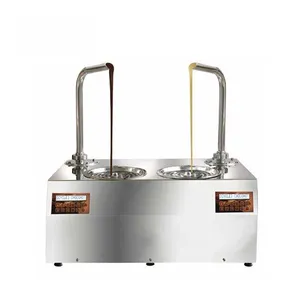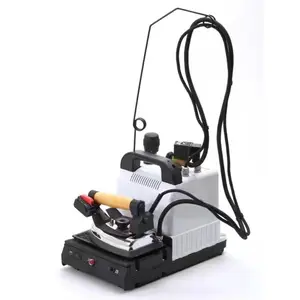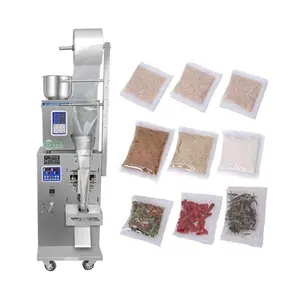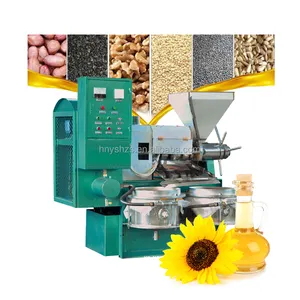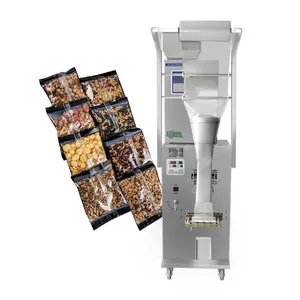Popular in your industry
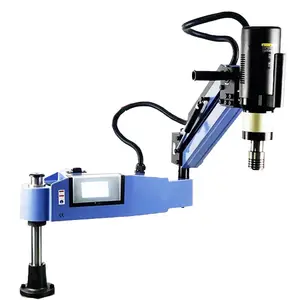

































































Related Searches:








































































































Top categories
About pocket hole machine
Introduction to Pocket Hole Machines
Pocket hole joinery stands as a pivotal technique in woodworking, enabling the creation of strong, hidden joints with ease. A pocket hole machine is an essential tool for carpenters and woodworkers, designed to drill angled holes into wood for screw insertion, which forms a pocket hole joint. This method is favored for its speed and simplicity, allowing for the rapid assembly of furniture and wooden structures.
Types and Applications
The versatility of pocket hole joinery is reflected in the variety of machines available. From manual to fully automated systems, these machines cater to different production scales, from bespoke furniture workshops to high-volume manufacturing lines. Applications range from building custom cabinetry to constructing sturdy wood frames, highlighting the machine's adaptability across various woodworking projects.
Features and Materials
A pocket hole drilling machine is typically constructed from durable metals, ensuring longevity and consistent performance. Advanced models may feature adjustable drilling speeds, multi-spindle configurations, and integrated clamping systems for enhanced precision and efficiency. The construction of these machines prioritizes user safety and accuracy, with features designed to accommodate various wood types and thicknesses.
Advantages of Using Pocket Hole Machines
The primary advantage of using a pocket hole jig machine is the ability to produce strong, reliable joints quickly without the need for complex clamping systems. This efficiency is crucial for meeting production deadlines and maintaining workflow. Additionally, the joints created are aesthetically pleasing due to their concealed nature, making them ideal for high-quality furniture and visible woodwork.
Choosing the Right Machine
Selecting the appropriate pocket hole equipment requires consideration of the specific needs of your project or production line. Factors such as material compatibility, volume capacity, and space constraints should guide your choice. Whether you require a portable pocket hole cutter for on-site work or a stationary model for a dedicated workshop, the range of options available ensures a match for every requirement.
Conclusion
In conclusion, a pocket hole machine is a significant investment for those engaged in woodworking, offering a blend of efficiency, strength, and precision in joinery. While exploring the extensive selection available, it is important to assess the features that align with your woodworking endeavors to ensure seamless integration into your production process.

